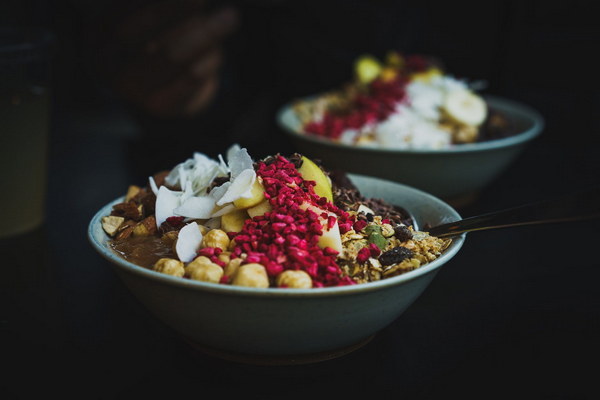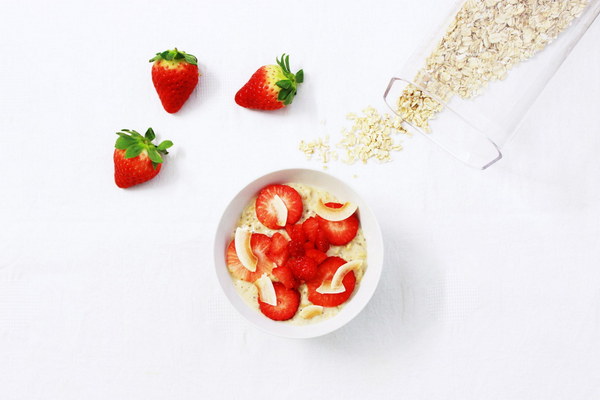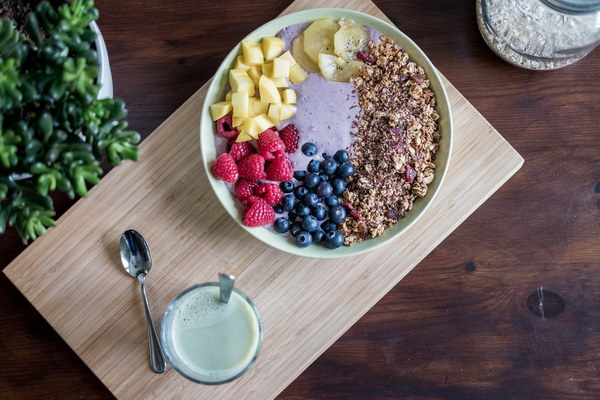The Downside of Overindulging in Herbal Tea Bags What You Need to Know
In recent years, herbal tea has gained popularity as a healthy alternative to traditional tea and coffee. Packed with antioxidants, vitamins, and minerals, herbal tea is often hailed for its numerous health benefits. However, just like everything else, consuming too much of a good thing can have adverse effects. This article will explore the potential downsides of overindulging in herbal tea bags and what you need to know to enjoy them responsibly.

1. Nutrient Imbalance
While herbal teas can provide essential nutrients, overconsumption can lead to an imbalance in your diet. Many herbal teas, particularly those with diuretic properties, can dehydrate your body, causing a loss of important electrolytes like potassium and magnesium. This can lead to muscle cramps, weakness, and fatigue.
2. Interference with Medications
Herbal teas can interact with certain medications, potentially reducing their effectiveness or causing adverse reactions. For example, St. John's Wort, a popular herbal tea, can interact with antidepressants, anticoagulants, and birth control pills. It is crucial to consult with a healthcare professional before incorporating herbal teas into your daily routine, especially if you are taking medication.
3. Allergic Reactions
Some individuals may be allergic to certain herbs used in herbal tea bags, such as chamomile, peppermint, or ginger. Allergic reactions can range from mild symptoms like skin rash and itching to more severe reactions like anaphylaxis. If you suspect an allergic reaction to an herbal tea, it is essential to seek medical attention immediately.
4. Gastrointestinal Issues
Herbal teas, especially those with strong flavor profiles like ginger or peppermint, can cause gastrointestinal discomfort, such as bloating, gas, and diarrhea. Additionally, some herbal teas contain compounds that can irritate the lining of your stomach, leading to discomfort or exacerbating existing conditions like gastritis.
5. Impact on Sleep
Certain herbal teas, such as chamomile or valerian root, are known for their calming properties and are often recommended to improve sleep. However, consuming these teas in excessive amounts can lead to drowsiness and, in some cases, disrupt your sleep patterns. It is best to consume herbal teas before bedtime in moderation.
6. Potential for Toxicity
While rare, some herbal teas can contain harmful substances or be contaminated with heavy metals. Consuming these teas in large quantities may pose health risks. It is important to purchase herbal teas from reputable sources and be cautious about the ingredients listed on the packaging.
To enjoy the health benefits of herbal teas without the risks, consider the following tips:
- Consult with a healthcare professional before starting a new herbal tea regimen, especially if you are pregnant, breastfeeding, or have underlying health conditions.
- Limit your intake of herbal teas to one to two cups per day.
- Avoid consuming herbal teas on an empty stomach, as this can exacerbate gastrointestinal discomfort.
- Pay attention to your body's reactions to different herbal teas and discontinue use if you experience adverse effects.
- Purchase high-quality, organic herbal teas to minimize the risk of contamination.
By being mindful of your herbal tea consumption, you can enjoy the many health benefits while minimizing potential drawbacks. Remember that moderation is key, and it is always best to consult with a healthcare professional before making significant changes to your diet or lifestyle.









